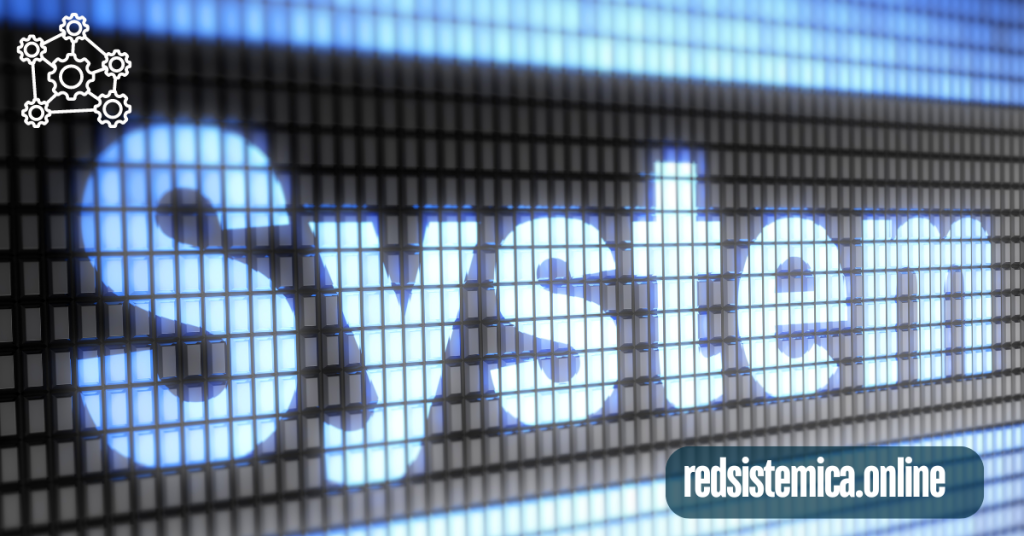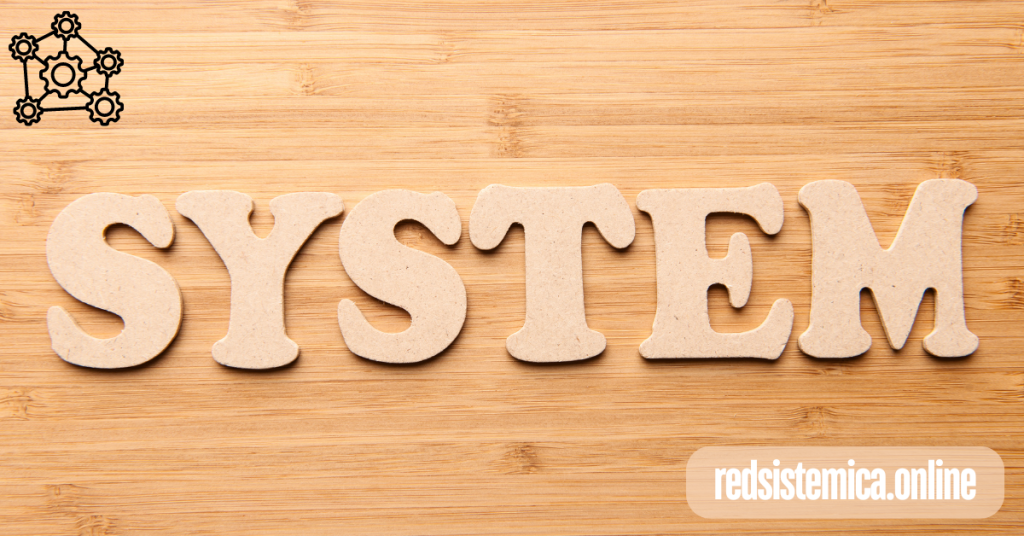Introduction
The systemic perspective is an approach that allows us to understand how the elements of a system are interconnected and how their interactions influence the behavior of the whole. This concept has revolutionized the way we approach complex problems in fields as diverse as business management, education, health, and ecology. Throughout this article, we will explore in detail what the systemic perspective is and how its application can offer more comprehensive and effective solutions.
+++++++++++++++++++++++++++++++++++++++++++++++++++++++++++++++++++++++++++++++++++++++++++++++
Origin of the Systemic Perspective
The systemic perspective has its roots in the General Systems Theory, proposed by Ludwig von Bertalanffy in the 1940s. Its aim was to create a theoretical framework that could be applied to all scientific disciplines, allowing a more holistic understanding of complex phenomena.
Basic Principles
Interconnection
One of the fundamental principles of the systemic perspective is the interconnection between the elements of a system. Each component depends on the others, and its behavior can affect the system as a whole.
Whole
The principle of totality holds that a system cannot be understood simply by adding up its parts; it is necessary to consider the system as a whole, with emergent properties that are not present in the individual components.
Feedback
Feedback is a mechanism by which the output of a system influences its own input, creating a cycle of influence that can be positive or negative.
Types of Systems
Open Systems
Open systems exchange matter and energy with their environment, allowing them to adapt and evolve.
Closed Systems
Closed systems, on the other hand, do not exchange matter with their surroundings, although they may exchange energy. These systems tend to be more stable, but also less adaptive.
Applications in Different Fields
The systemic perspective has been applied in a variety of fields, demonstrating its versatility and effectiveness. Next, we will explore how it is used in business management, education, health, ecology, and technology.
Systemic Perspective in Business Management
Business Strategy
Applying a systemic perspective to business management allows organizations to view their operations as an integrated system, facilitating the formulation of more cohesive strategies.
Decision making
Decision-making in a systemic context involves considering not only immediate results, but also long-term repercussions and interactions between different areas of the organization.
Organizational Change
Organizational change is most effective when approached from a systemic perspective, considering the impact of the changes on the entire business system.
Systemic Perspective in Education
Comprehensive Approach
In education, the systemic perspective promotes a comprehensive approach that considers the student as a whole, integrating emotional, social and cognitive aspects in the learning process.
Collaborative Learning
Collaborative learning is enhanced when the classroom is considered as a system, where interactions between students and the educational environment play a crucial role.
Systemic Perspective in Health
Holistic Treatments
In the health field, the systemic perspective is reflected in the holistic approach, which seeks to treat the patient as a whole, rather than focusing only on specific symptoms.
Integrative Medicine
Integrative medicine combines conventional and alternative treatments, based on the idea that body and mind form an interconnected system.
Systemic Perspective in Ecology
Ecosystems
Ecology benefits greatly from a systemic perspective, which allows us to understand how the different elements of an ecosystem interact to maintain balance.
Sustainability
Environmental sustainability focuses on the long-term preservation of natural systems, considering the interactions between humans and their environment.
Systemic Perspective in Technology
Technological Innovation
In the technological field, the systemic perspective facilitates innovation by considering how the different components of a technological system interact and evolve together.
Development of complex systems
The development of complex technological systems, such as artificial intelligence and networks, is based on a systemic understanding of their components and their integration.
General Systems Theory
Fundamentals
General Systems Theory is the theoretical foundation that supports the systemic perspective, providing a framework for studying systems in any discipline.
Key Contributions
The contributions of General Systems Theory have been fundamental to the development of disciplines such as cybernetics, biology, and organization theory.
Practical Examples
Case in Business Management
A practical example of the systemic perspective in business management is the case of Toyota, whose lean production strategy is based on systemic principles.
Case in Health
In health, an example is the approach of the Mayo Clinic, which uses the systemic perspective to integrate different medical specialties in the treatment of its patients.
Criticisms and Challenges
Limitations
Although powerful, the systemic perspective also faces criticism, such as the difficulty in applying it to very complex systems or the tendency to overestimate the interconnection of elements.
Common Criticisms
Some common criticisms include the lack of precision in systemic analysis and the difficulty in modeling systems with multiple variables.
Systemic Perspective on the Future
Emerging Trends
In the future, the systemic perspective is expected to play an increasingly important role in solving global problems such as climate change and artificial intelligence.
Future Developments
Future developments in the systems perspective will include more advanced approaches to modeling and simulating complex systems, as well as greater integration with technology.
Conclusion
Adopting a systemic perspective gives us a more complete and in-depth view of the complex systems around us. This approach not only helps us better understand the interrelationships between the different components of a system, but also allows us to design more sustainable and effective strategies. In an increasingly interconnected world, a systemic perspective is essential to address current and future challenges in a comprehensive manner.


